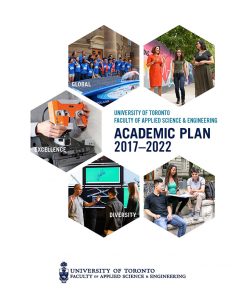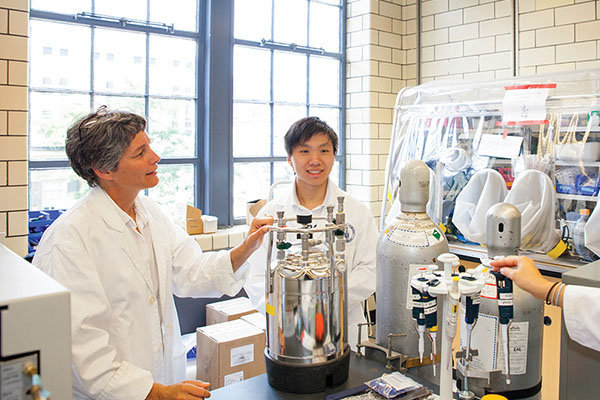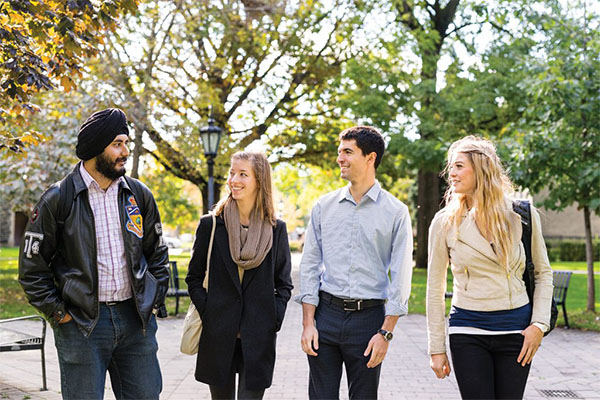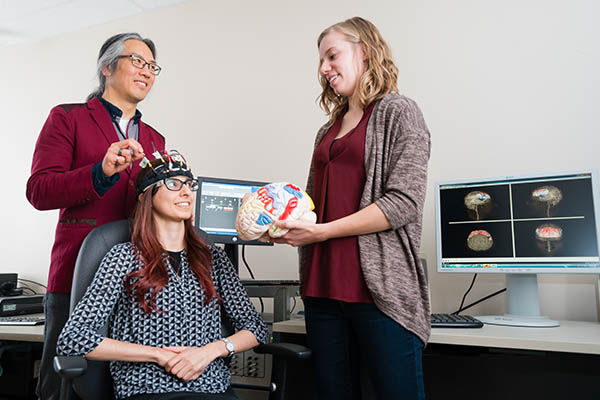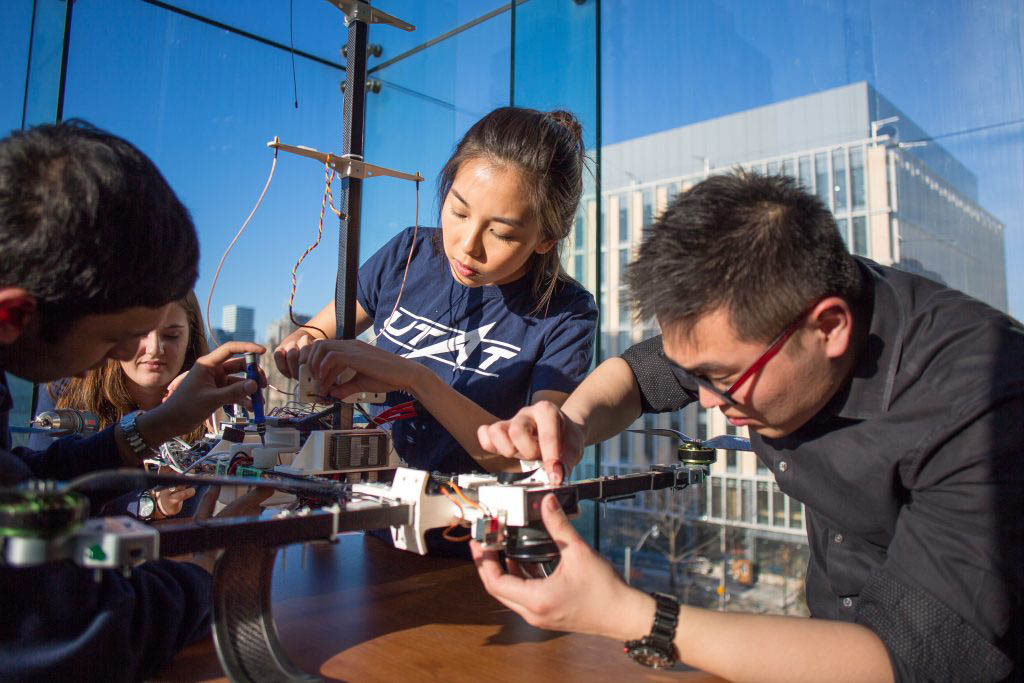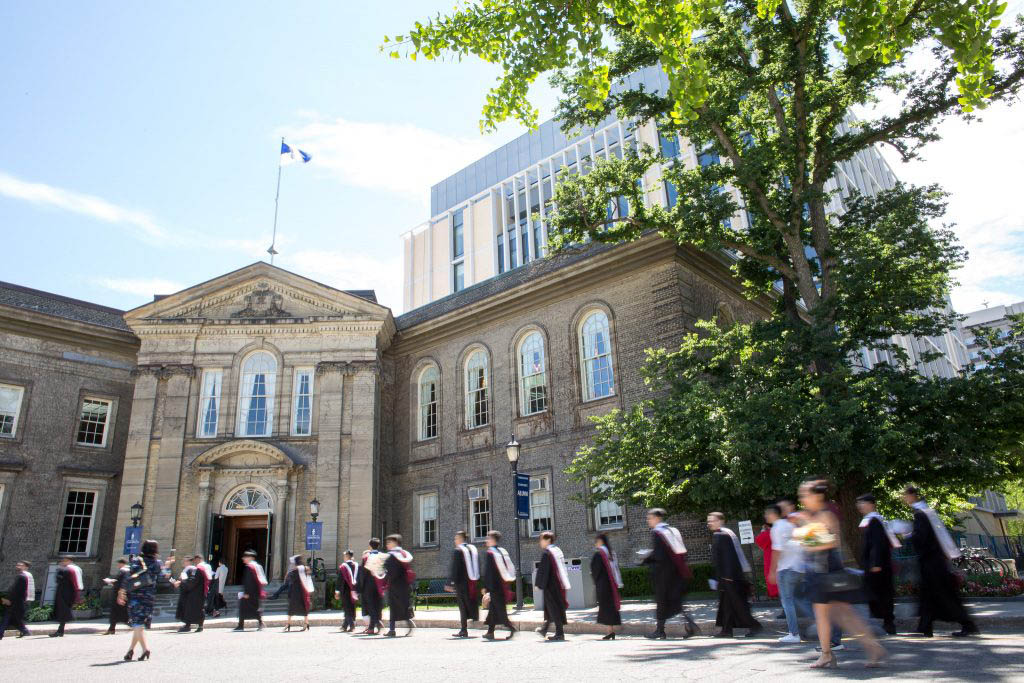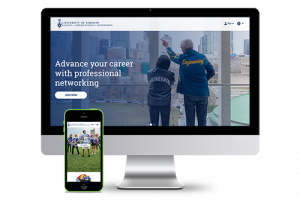As part of U of T Engineering's commitment to addressing anti-Black racism, faculty, staff, students and alumni are called upon to start or continue their personal learning journey towards improving Black inclusion and fostering Black excellence.
Launched at the start of Black History Month in February 2023, the Black Cultural Competency Toolkit has been carefully curated by the Faculty’s Office of Diversity, Inclusion & Professionalism in consultation with Black leaders, including the Dean’s Advisor on Black Inclusion, FASE Black Grad & Beyond Group and the Anti-Racism & Cultural Diversity Office (ARCDO).
The toolkit aligns with recommendations, actions and commitments outlined in:
- the 2019 U of T Engineering Striving Towards Black Inclusivity report created by the Black Inclusion Steering Committee
- the 2021 U of T Anti-Black Racism Task Force Report
- the 2021 Scarborough Charter, a historic pledge signed by nearly 50 Canadian universities and colleges.
Register today to record your commitment to Black cultural competency and measure your progress. By registering, you will help the Faculty assess uptake and impact, and will be recognized upon completion of the modules.
Modules
This self-directed toolkit includes three modules for you to explore, which we recommend completing in order.
The three modules provide a pathway to Black cultural competency by acknowledging Black history in Canada, understanding diverse Black identities, and recognizing the bold contributions of Black scientists and engineers. With this education, you will have more tools to reduce acts of anti-Black racism and promote the health and well-being of Black communities.
Each module includes a range of readings, videos, podcasts and workshops as well as community reflections and teaching resources. We encourage dedicating a minimum of two hours per module.
Please be aware that this content may be activating to survivors of trauma. Along the way, please practice self care and seek support as needed.
Cultural competency and principles
The following four components of cultural competency have been integrated in this toolkit to help you develop more positive, cross-cultural interactions.
| Component | Definition | Importance |
|---|---|---|
| Awareness | self-reflection and understanding of both conscious and unconscious biases, stereotypes, and prejudices | prevents the creation of personal barriers for learning and personal development |
| Attitude | the emotions, thoughts, and perceptions brought forth during learning process | impacts willingness to learn, co-exist, and be inclusive |
| Knowledge | understanding of differing cultures, values, beliefs, etc. | improves cross-cultural interactions |
| Skills | practical strategies and experiences to manage cross-cultural interactions | allows the translation of knowledge to action |
The following four overarching principles defined in the Scarborough Charter have been applied to this toolkit.
-
Black Flourishing: removing structural barriers to equity, inclusion and social justice
-
Inclusive Excellence: valuing, embracing and promoting contributions from diverse backgrounds, perspectives and experiences
-
Mutuality: fostering equitable relationships within communities that have reciprocal benefits
-
Accountability: delivering on commitments made to transform structures, policies, and procedures. We hope you will apply your learnings in your own spheres of influence.
Resources for all
-
Talk Suicide Canada at 1-833-456-4566 (24/7) or text 45645 (4 PM - 12 AM ET)
- 211 Ontario at 2-1-1
Downloads
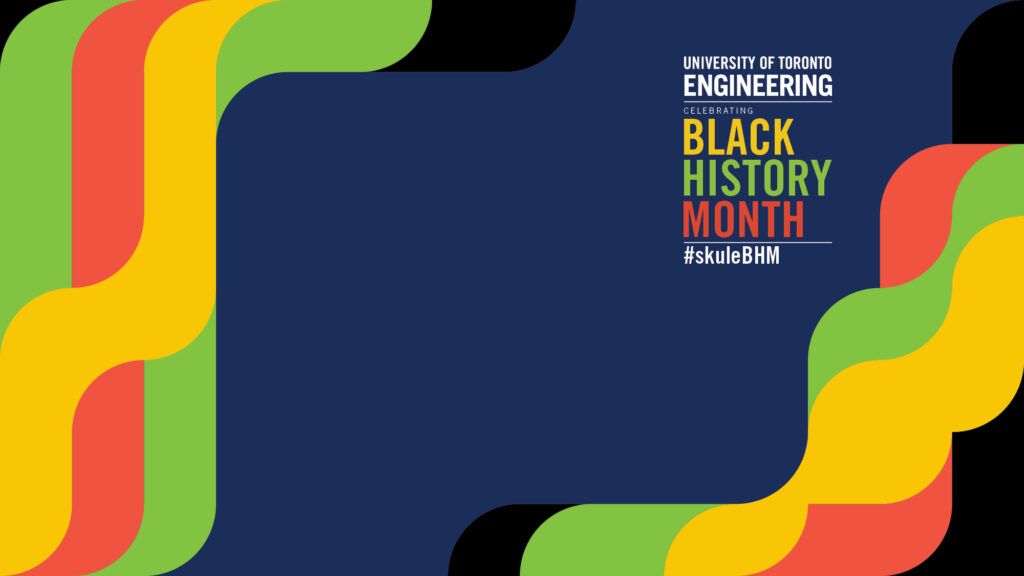
Virtual background

Set of 4 Anti-Black Racism posters
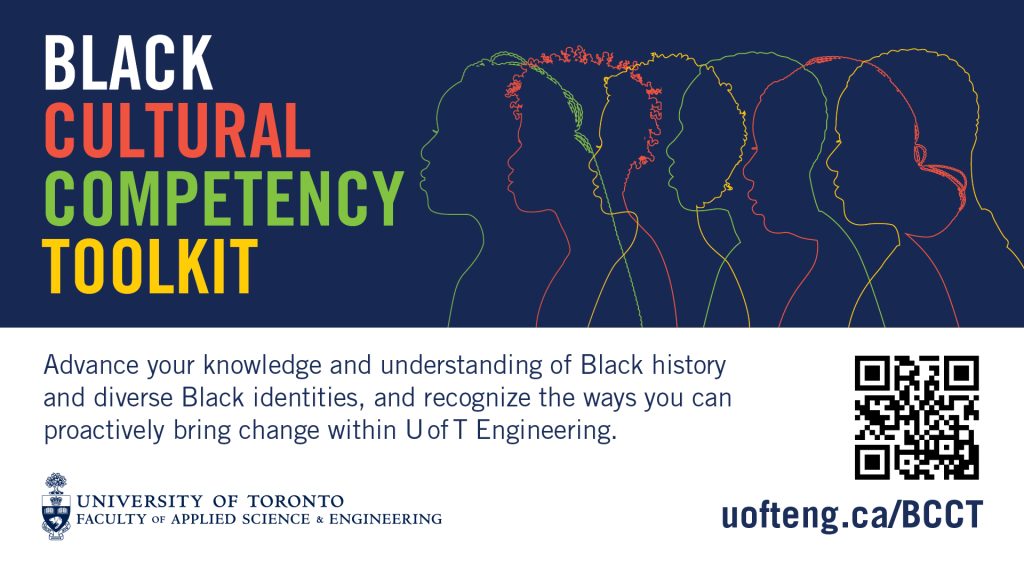
Slide for classrooms

Inclusive language guidelines
ARCDO resources
Throughout Black History Month and beyond are a number of additional initiatives that pay tribute to Black Canadians through symposiums, panel discussions and poetry sessions hosted by ARCDO.
Upcoming ARCDO events
Additional trainings & workshops
Please use this registration form to identify additional trainings and workshops you would like to attend as part of your personal learning journey to improve your Indigenous and Black Cultural Competencies. Once a minimum number of registrants is met, you will receive an invitation to the session(s) you've noted your interest in.
-
Marisa Sterling, P.Eng., Assistant Dean and Director of the Office of Diversity, Inclusion & Professionalism

